
The Bill Lane Center for the American West, Stanford University
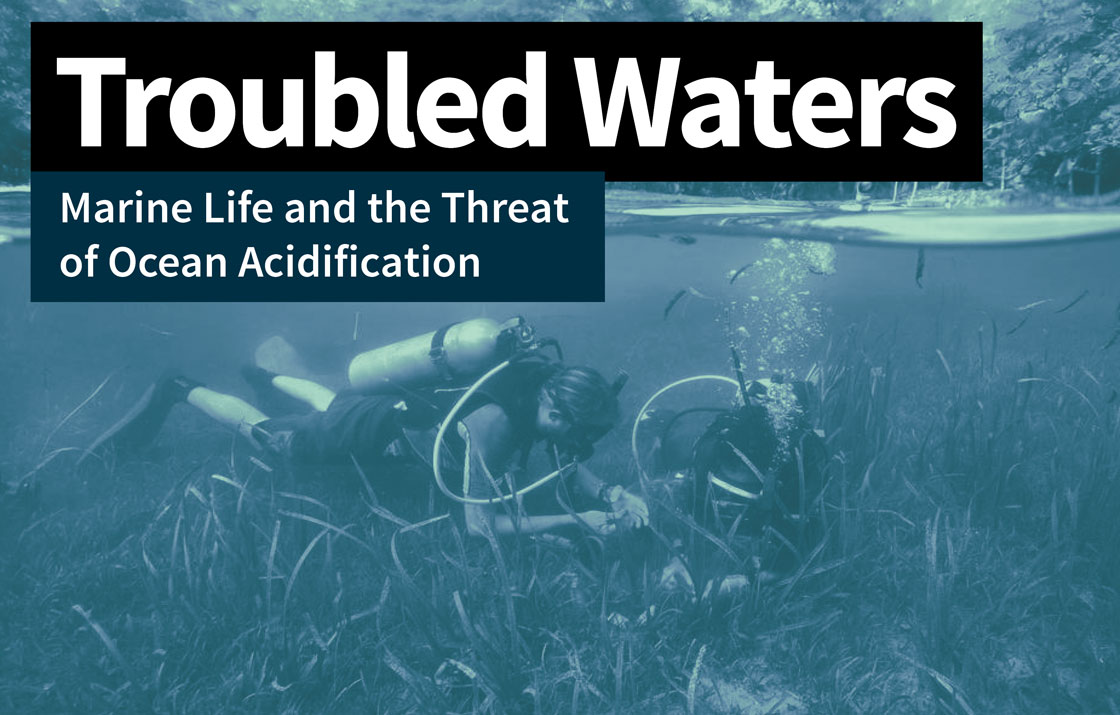
2015 Knight-Risser Prize Symposium
Troubled Waters:
Marine Life and the Threat of Ocean Acidification
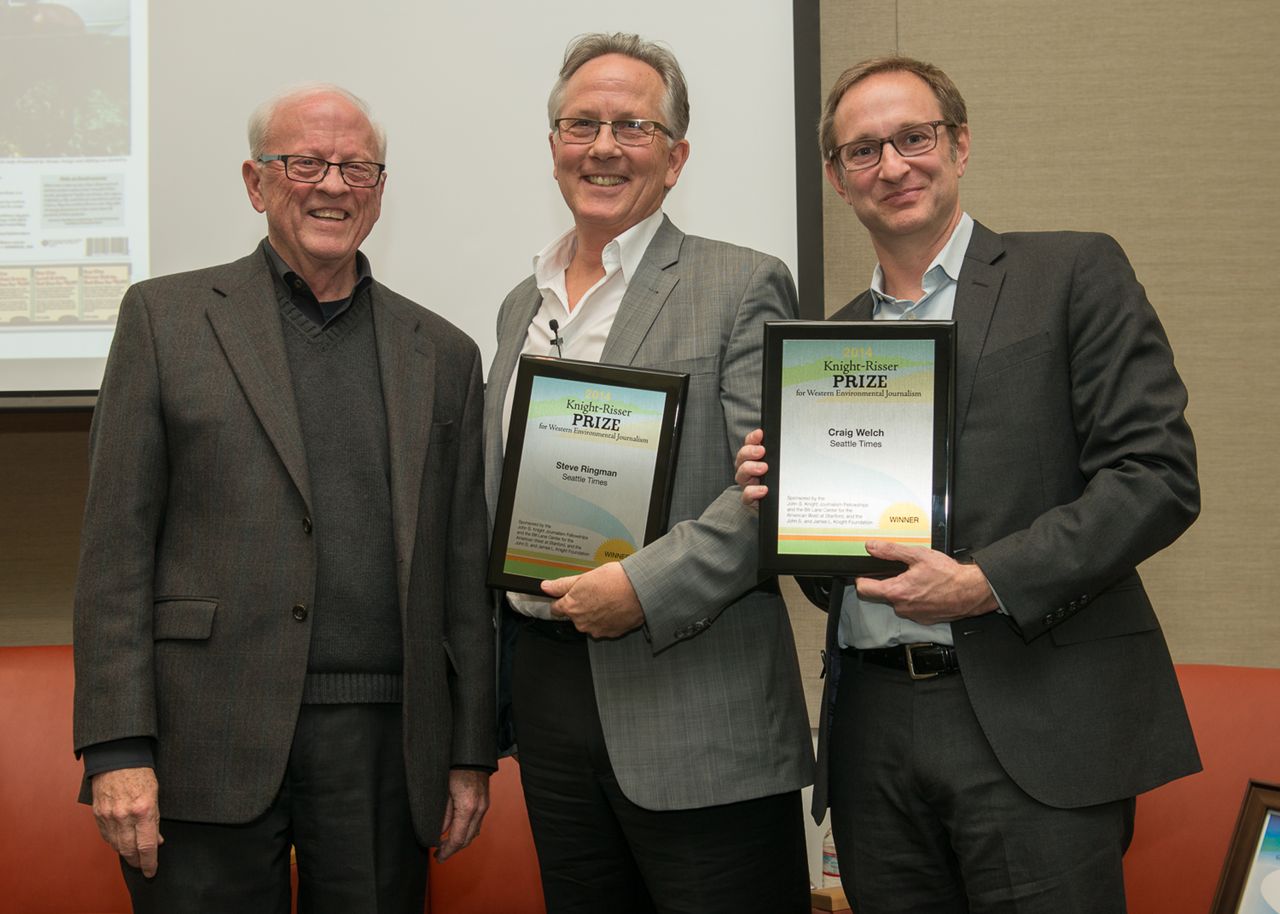 Read a summary of the 2015 Knight Risser Prize Symposium with photos and complete audio and video here.
Read a summary of the 2015 Knight Risser Prize Symposium with photos and complete audio and video here.
A reception with light refreshments and an exhibition of the winning entry will follow the event.
Guests are asked to please RSVP by noon Pacific time on Friday, February 20, using the form below.
Panel Discussion, Award Presentation and Q&A Session
Wednesday, Feb. 25, 2015
4:15-6:30pm
Li Ka Shing Center for Learning and Knowledge
Stanford University (at the Medical School)
(View map: Stanford | Google)
Panelists
Charla Bear, Moderator
Reporter, KQED News,
John S. Knight Journalism Fellow,
Stanford University
Steve Ringman
Reporter, The Seattle Times
Winner, 2014 Knight-Risser Prize
for "Sea Change"
Craig Welch
Contributing Writer — Environment,
National Geographic
Winner, 2014 Knight-Risser Prize
for "Sea Change"
Ken Caldeira
Carnegie Institution for Science,
Department of Global Ecology at Stanford University
Mary Ellen Hannibal
Science and environment writer
and author,
The Spine of the Continent
Location
Li Ka Shing Center for Learning and Knowledge
Stanford University (at the Medical School)
291 Campus Drive West
Stanford, CA
(View map: Stanford | Google)
The discussion will be followed by a public reception. Please RSVP using the form below.
Logistics
Parking on campus is free after 4pm.
Panelist Biographies
Charla Bear, Moderator
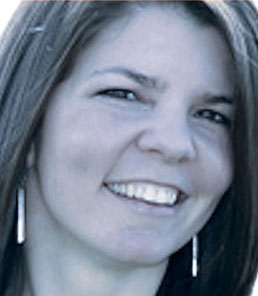 Charla Bear has been an architect, a tour guide in Alaska, a photographer, and now anchors and reports for KQED. In other words, she knows how to reinvent herself. She wants to be part of helping her industry do the same. Since getting her master’s from UC Berkeley’s Graduate School of Journalism, Bear has worked primarily for public radio stations and networks, though she considers herself platform agnostic. She enjoys taking pictures, blogging, and digging up documents to accompany her on-air work. Her multimedia series on American Indian Boarding Schools for NPR’s Morning Edition won a national RTNDA/Unity Award. Bear loves showing others the excitement and opportunities in journalism. She’s taught at the University of Washington and San Francisco State and mentored up-and-coming reporters. An enrolled member of Tanana Village, Charla was the first in her family to go to college and strives to help others see that anything is possible.
Charla Bear has been an architect, a tour guide in Alaska, a photographer, and now anchors and reports for KQED. In other words, she knows how to reinvent herself. She wants to be part of helping her industry do the same. Since getting her master’s from UC Berkeley’s Graduate School of Journalism, Bear has worked primarily for public radio stations and networks, though she considers herself platform agnostic. She enjoys taking pictures, blogging, and digging up documents to accompany her on-air work. Her multimedia series on American Indian Boarding Schools for NPR’s Morning Edition won a national RTNDA/Unity Award. Bear loves showing others the excitement and opportunities in journalism. She’s taught at the University of Washington and San Francisco State and mentored up-and-coming reporters. An enrolled member of Tanana Village, Charla was the first in her family to go to college and strives to help others see that anything is possible.
Steve Ringman
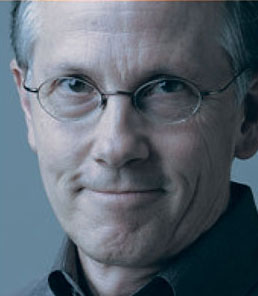 Steve Ringman has been a photographer at The Seattle Times since 1991. His passion for stories involving environmental issues has taken him around the world. Ringman was twice named national Newspaper Photographer of the Year by the National Press Photographers Association. He was a co-winner of the Risser Prize for his photos documenting landslides caused by over-logging. Most recently, he won an award from the American Association for the Advancement of Science for coverage of the removal of the Elwha River dams. A native of Washington state, Ringman started his career at the San Francisco Chronicle, where he was part of a team providing the first extensive coverage of people with AIDS.
Steve Ringman has been a photographer at The Seattle Times since 1991. His passion for stories involving environmental issues has taken him around the world. Ringman was twice named national Newspaper Photographer of the Year by the National Press Photographers Association. He was a co-winner of the Risser Prize for his photos documenting landslides caused by over-logging. Most recently, he won an award from the American Association for the Advancement of Science for coverage of the removal of the Elwha River dams. A native of Washington state, Ringman started his career at the San Francisco Chronicle, where he was part of a team providing the first extensive coverage of people with AIDS.
Craig Welch
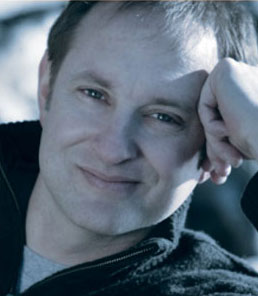 Craig Welch worked as the environment reporter at The Seattle Times from 2000 until he recently joined National Geographic magazine as a contributing writer on the environment. A journalist for two decades, he has published work in Smithsonian magazine, the Washington Post, and Newsweek. He has tagged along with tribal fishermen who hunted seals in Alaska, hitched helicopter rides with scientists in the melting Arctic, prowled the Oregon woods for endangered owls, and tracked the development of Wyoming’s oil fields. The national Society of Environmental Journalists twice named him Outstanding Beat Reporter of the Year, most recently in 2010. He was a 2007 fellow at the Nieman Foundation for Journalism at Harvard University and lives in Washington State. His first book, Shell Games, was published in 2010.
Craig Welch worked as the environment reporter at The Seattle Times from 2000 until he recently joined National Geographic magazine as a contributing writer on the environment. A journalist for two decades, he has published work in Smithsonian magazine, the Washington Post, and Newsweek. He has tagged along with tribal fishermen who hunted seals in Alaska, hitched helicopter rides with scientists in the melting Arctic, prowled the Oregon woods for endangered owls, and tracked the development of Wyoming’s oil fields. The national Society of Environmental Journalists twice named him Outstanding Beat Reporter of the Year, most recently in 2010. He was a 2007 fellow at the Nieman Foundation for Journalism at Harvard University and lives in Washington State. His first book, Shell Games, was published in 2010.
Ken Caldeira
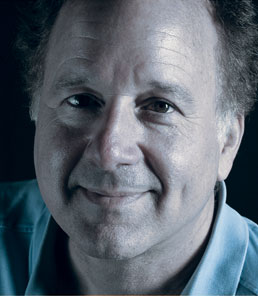 Ken Caldeira is a climate scientist at the Carnegie Institution for Science, where his job is “to make important scientific discoveries.” He also serves as a Professor (by courtesy) in the Stanford University Department of Environmental Earth System Science. Among Caldeira’s key contributions to science are his relatively early recognition of the threats posed by ocean acidification, his pioneering investigations into the environmental consequences of intentional intervention in the climate system (“geoengineering”), and the first peer-reviewed study to estimate near-zero-emission energy needs consistent with a 2°C climate stabilization target. He has also played a central role in helping to elucidate what our understanding of long-term geochemical cycles implies for the fate of today’s carbon dioxide emissions. Caldeira serves on the U.S. National Academy of Sciences panel on Geoengineering Climate: Technical Evaluation and Discussion of Impacts. He is also a contributing author to the Intergovernmental Panel on Climate Change (IPCC) AR5 report Climate Change 2013: The Physical Science Basis. In 2010, he was a co-author of the 2010 US National Academy America's Climate Choices report and was elected Fellow of the American Geophysical Union. He participated in the UK Royal Society geoengineering panel in 2009 and ocean acidification panel in 2005. Caldeira was coordinating lead author of the oceans chapter for the 2005 IPCC report on Carbon Capture and Storage.
Ken Caldeira is a climate scientist at the Carnegie Institution for Science, where his job is “to make important scientific discoveries.” He also serves as a Professor (by courtesy) in the Stanford University Department of Environmental Earth System Science. Among Caldeira’s key contributions to science are his relatively early recognition of the threats posed by ocean acidification, his pioneering investigations into the environmental consequences of intentional intervention in the climate system (“geoengineering”), and the first peer-reviewed study to estimate near-zero-emission energy needs consistent with a 2°C climate stabilization target. He has also played a central role in helping to elucidate what our understanding of long-term geochemical cycles implies for the fate of today’s carbon dioxide emissions. Caldeira serves on the U.S. National Academy of Sciences panel on Geoengineering Climate: Technical Evaluation and Discussion of Impacts. He is also a contributing author to the Intergovernmental Panel on Climate Change (IPCC) AR5 report Climate Change 2013: The Physical Science Basis. In 2010, he was a co-author of the 2010 US National Academy America's Climate Choices report and was elected Fellow of the American Geophysical Union. He participated in the UK Royal Society geoengineering panel in 2009 and ocean acidification panel in 2005. Caldeira was coordinating lead author of the oceans chapter for the 2005 IPCC report on Carbon Capture and Storage.
Mary Ellen Hannibal
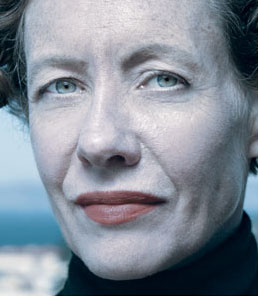 Mary Ellen Hannibal is the author of The Spine of the Continent, and a winner of Stanford’s Knight-Risser Prize for Western Environmental Journalism. Her book on citizen science is forthcoming.
Mary Ellen Hannibal is the author of The Spine of the Continent, and a winner of Stanford’s Knight-Risser Prize for Western Environmental Journalism. Her book on citizen science is forthcoming.
Texas Tribune, ProPublica

The Desert Sun and USA Today

CPI, InsideClimate News, The Weather Channel

The Seattle Times

The Sacramento Bee

High Country News

5280 Magazine

Seattle Post-Intelligencer

What Went Wrong?
The Seattle Times

San Antonio Express-News

The Los Angeles Times

High Country News



